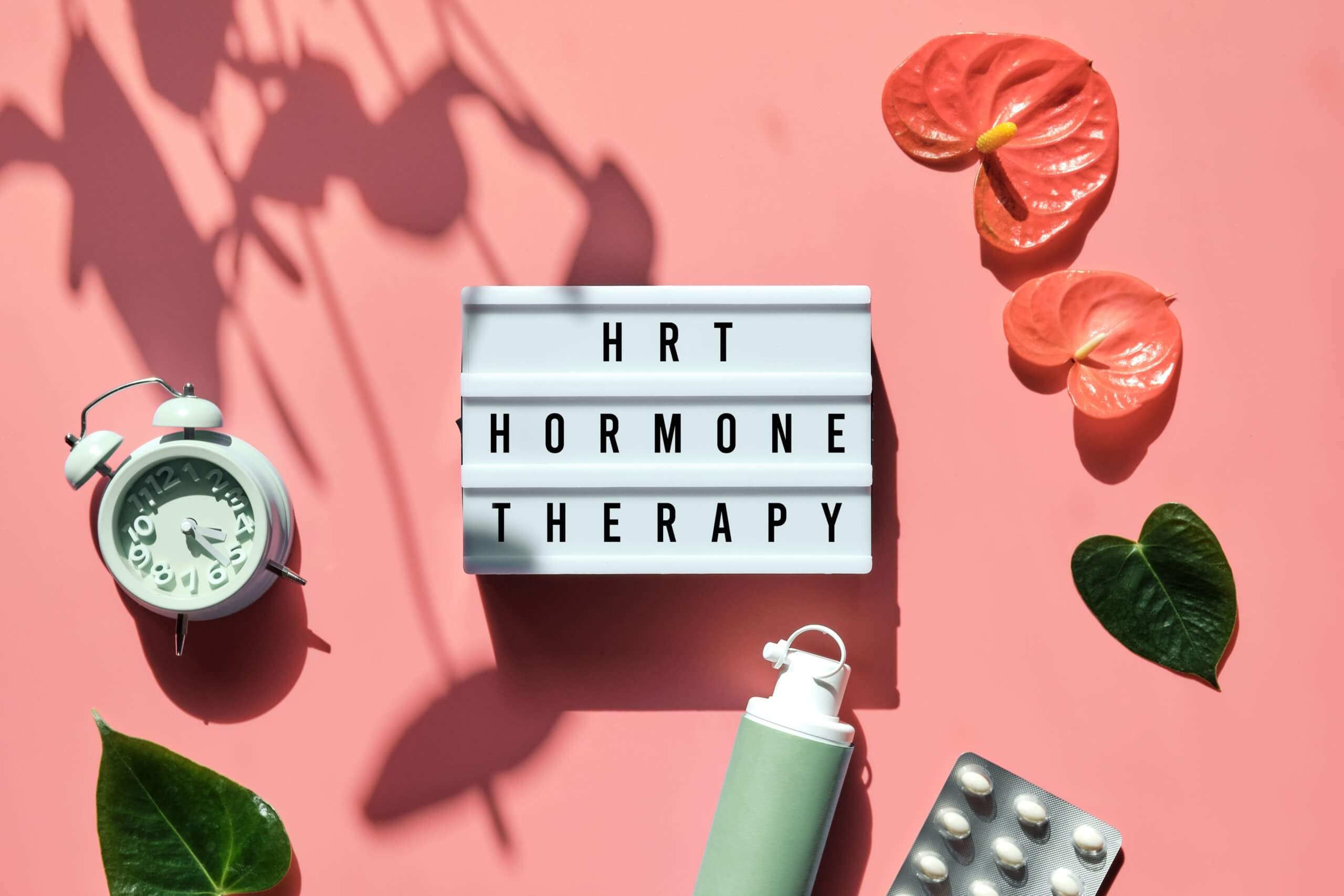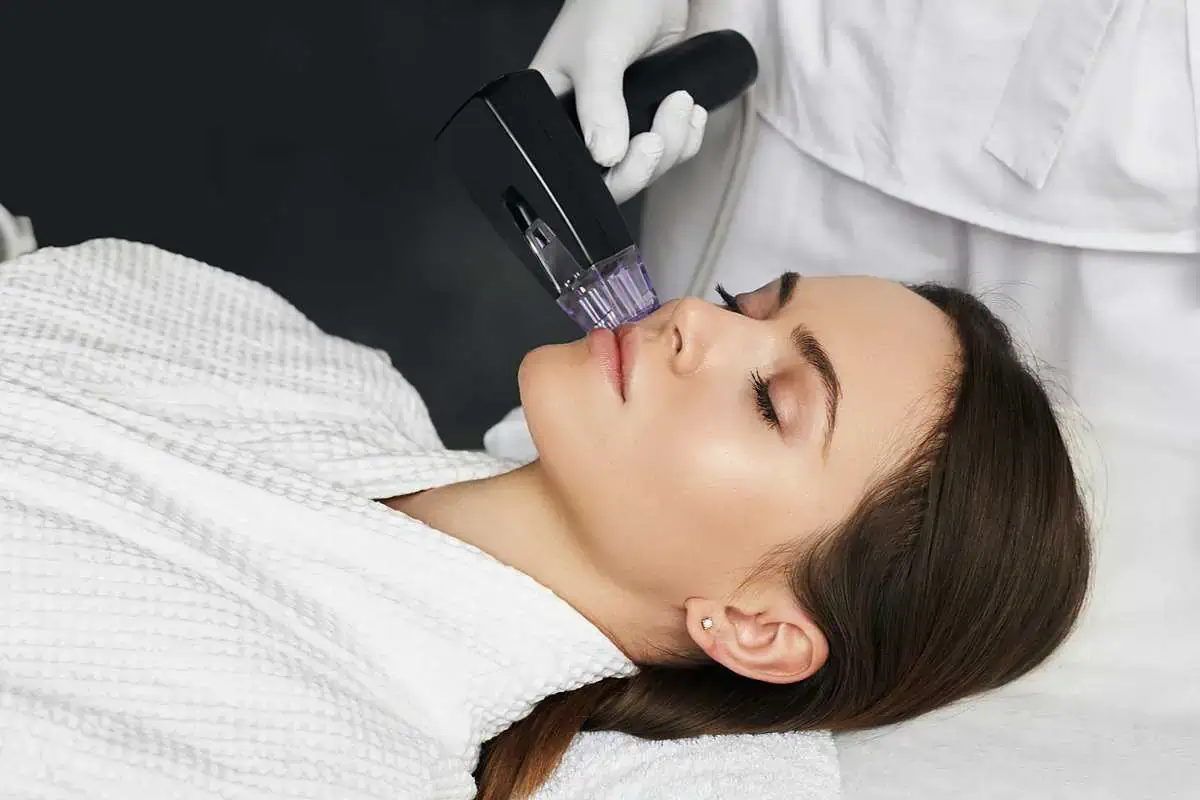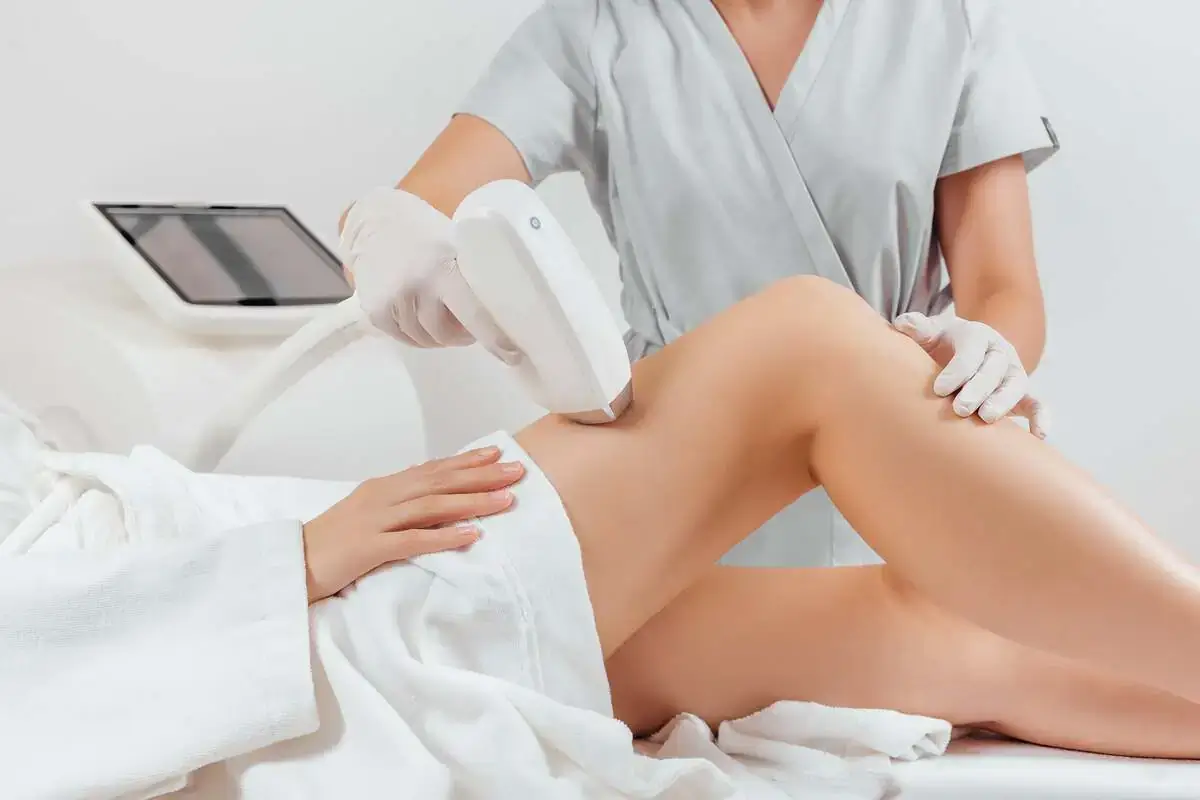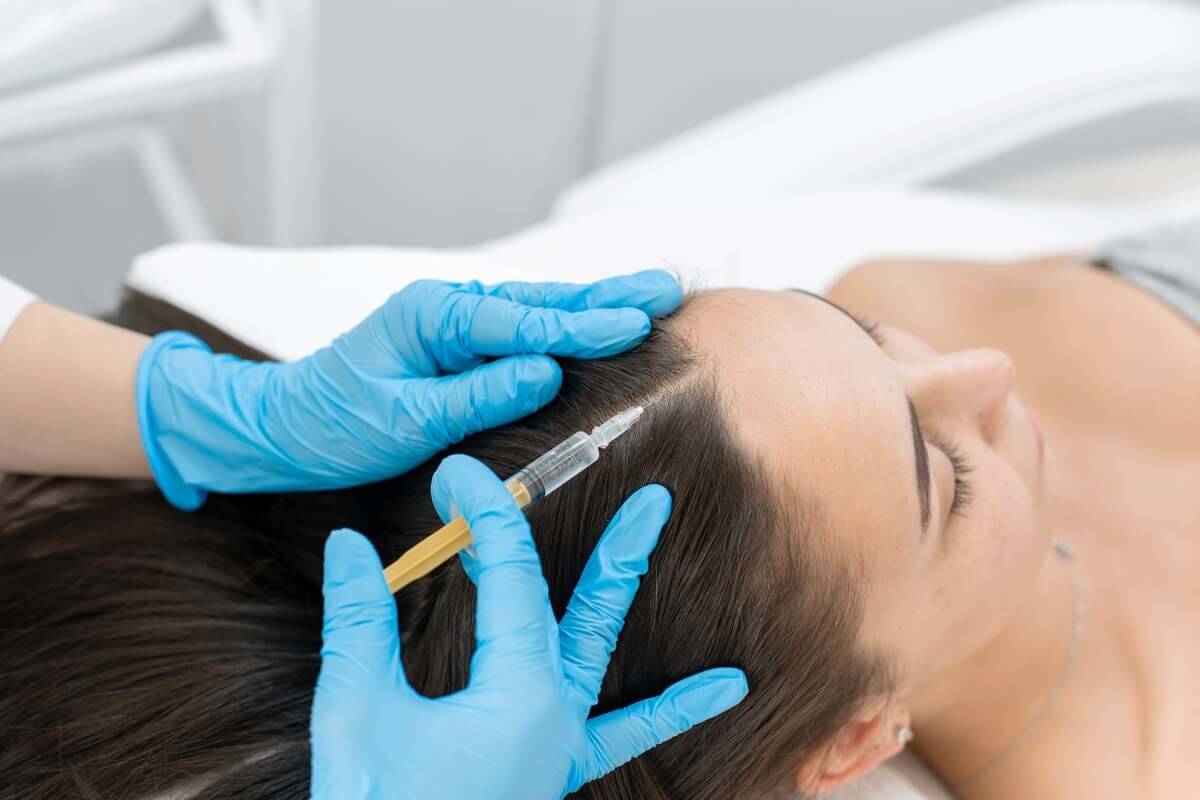Hormones are the body’s silent messengers, governing everything from mood and metabolism to sleep and reproduction. But when these messengers get out of balance, the effects can reverberate throughout our entire system. This is where hormone therapy comes into the picture, offering a solution to restore balance and improve overall well-being.
Understanding Hormonal Imbalance
Hormones are vital chemical messengers, orchestrating myriad bodily processes that range from growth and metabolism to mood and reproductive health. But when these intricate networks of communication are disrupted, and hormones become imbalanced, the effects can be profound and widespread. Here’s an insight into hormonal imbalances, their causes, symptoms, and the importance of maintaining a harmonious hormonal milieu.
The Role of Hormones:
Hormones, produced by our endocrine glands, act as the body’s control system. They ensure that various physiological processes happen at the right time and intensity. From the adrenaline rush we feel in stressful situations to the rhythmic menstrual cycles in women, hormones have a hand in almost every aspect of our health.
Triggers for Hormonal Imbalances:
Several factors can disrupt the delicate hormonal balance:
- Aging: Natural life stages like puberty, pregnancy, and menopause can create hormonal shifts.
- Medical Conditions: Thyroid disorders, diabetes, adrenal gland disorders, and certain cancers can impact hormone levels.
- Environmental Factors: Exposure to endocrine-disrupting chemicals, like pesticides and some plastics, can interfere with hormone functions.
- Stress: Chronic stress can elevate cortisol levels, affecting various bodily functions.
- Medications and Treatments: Birth control pills, hormone replacement therapy, and certain medications can cause imbalances.
- Lifestyle and Diet: Poor nutrition, lack of sleep, and sedentary habits can also disrupt hormonal balance.
Indications of Hormonal Imbalance:
The symptoms of hormonal imbalances can vary and depend on which hormones are affected. They might include:
- Fatigue or disrupted sleep patterns
- Sudden weight fluctuations
- Mood disturbances, including anxiety and depression
- Skin issues like acne or dryness
- Changes in appetite or digestive issues
- Altered libido
- Hair loss or unusual hair growth
- Muscle weakness or joint pain
- Memory fog or concentration issues
Moreover, understanding hormonal imbalances is fundamental to ensuring overall health and well-being. Given the pervasive role of hormones in our body’s functioning, recognizing signs of imbalance and seeking timely intervention can pave the way for optimal health. Most importantly, regular consultations with healthcare professionals can keep these silent regulators in check, ensuring a balanced and harmonious internal environment.
The Miracles of Hormone Therapy
Hormone therapy is the medical use of hormones or hormone-blocking drugs. It’s often used to replace or supplement the body’s natural hormones when they are deficient or imbalanced. There are several methods to use this treatment, and it can be tailored to each person’s needs.
Applications of Hormone Therapy:
- Menopause Treatment: By adding extra estrogen and progesterone, hormone replacement therapy (HRT) reduces menopause symptoms like hot flashes, nocturnal sweats, and mood swings.
- Transgender Hormone Therapy: It improves mental health by enabling transgender people to match their outward appearance with their gender identification.
- Cancer Treatment: Hormone therapy is sometimes used to treat hormone-sensitive cancers like breast and prostate cancer by blocking or manipulating hormone production.
- Thyroid Disorders: Treatment with thyroid hormones can regulate metabolism and energy in individuals with thyroid disorders.
- Growth Hormone Therapy: This is used for children and adults with growth hormone deficiencies, supporting proper growth and development.
Benefits of Hormone Therapy:
- Symptom Relief: Hormone therapy can offer significant relief from symptoms associated with hormonal imbalances, from menopausal discomfort to the fatigue of thyroid disorders.
- Improved Quality of Life: By balancing hormones, individuals often experience enhanced energy, mood, and overall life quality.
- Prevention of Certain Conditions: It has been studied whether post-menopausal hormone therapy has the ability to lower the risk of heart disease and may help prevent osteoporosis.
- Personalized Care: Hormone therapy can be tailored to individual needs and preferences, providing an approach that aligns with each person’s unique situation.
Safety and Considerations
While hormone therapy offers a range of benefits, ensuring its safe and effective use requires a thorough understanding of potential risks and considerations. Every medical treatment comes with its pros and cons, and hormone therapy is no exception. Let’s explore the precautions one should be aware of and the measures to maximize safety.
Potential Side Effects:
The side effects of hormone therapy might vary depending on the kind used and the patient’s medical history. Common side effects include:
- Menopausal Hormone Therapy: Bloating, mood swings, nausea, breast tenderness, or spotting.
- Testosterone Replacement Therapy: Increased red blood cell count, acne, sleep apnea, or breast enlargement.
- Thyroid Hormone Replacement: Tremors, rapid heartbeat, or insomnia.
Potential Risks:
Several risks have been associated with hormone therapies:
- Blood Clots: Hormone replacement therapy, particularly oral estrogen, can make blood clots in the legs or lungs more likely.
- Stroke: Some studies have indicated a higher risk of stroke in individuals on hormone therapy.
- Certain Cancers: Long-term use of certain hormone therapies might elevate the risk of breast, ovarian, or uterine cancers.
- Cardiovascular Diseases: The impact on heart health can vary based on age, type of hormone, and other health factors.
Individual Considerations:
- Medical History: Before starting hormone therapy, it’s essential to review personal and family medical histories. Certain conditions, like liver disease, can influence the therapy’s safety.
- Duration and Dosage: The least effective dose for the shortest duration needed is often recommended.
- Monitoring: Regular check-ups and monitoring are crucial while undergoing hormone therapy to adjust dosages and track any potential side effects.
- Lifestyle Factors: Smoking, obesity, and lack of exercise can influence the risks associated with hormone therapy.
However, the decision to undergo hormone therapy should always be a balance between the expected benefits and potential risks. A personalized approach, factoring in age, health status, and specific symptoms, can help make an informed decision.
The Bottom Line
Whether it’s navigating the turbulent waters of menopause or addressing concerns like bone health or mood swings, hormone therapy can be the key to enhanced well-being. At Hourglass Aesthetics, we have partnered with the renowned BioTE Medical to effectively address and manage hormone imbalances. By collaborating with BioTE, a pioneer in advanced hormone optimization, we ensure clients receive cutting-edge, personalized treatments to restore hormonal balance and promote overall well-being.






